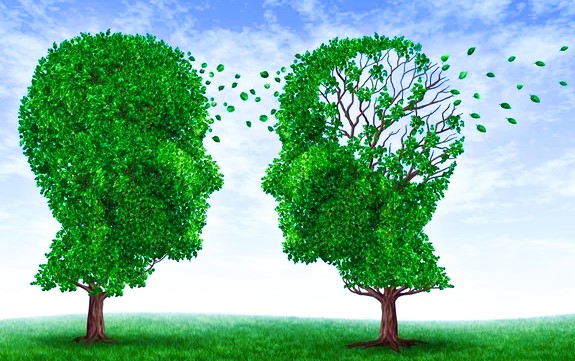Dementia: Causes, Symptoms, Treatment, and Precautions
"Explore Dementia: Causes, Symptoms, Treatment, and Precautions. Learn about managing this condition effectively with expert advice and practical tips." #Alzheimer's disease


Dementia is a complex condition that affects millions of people worldwide. It is not a specific disease but rather a general term used to describe a decline in cognitive abilities severe enough to interfere with daily life. In this article, we will explore the causes, symptoms, treatment options, and precautions associated with dementia.
Causes of Dementia
There are several possible causes of dementia, with Alzheimer's disease being the most common. Other causes include vascular dementia, Lewy body dementia, frontotemporal disorders, and Parkinson's disease. Additionally, certain medical conditions, such as thyroid problems, vitamin deficiencies, and brain tumors, can also lead to dementia. In some cases, dementia may be caused by a combination of factors.
Symptoms of Dementia
The symptoms of dementia can vary depending on the underlying cause and the stage of the condition. However, common symptoms include memory loss, difficulty with language and communication, impaired judgment and reasoning, confusion, personality changes, and difficulty completing familiar tasks. These symptoms can have a significant impact on an individual's quality of life and their ability to function independently.
Treatment Options for Dementia
While there is currently no cure for most types of dementia, there are treatment options available to help manage the symptoms and slow down the progression of the condition. Medications, such as cholinesterase inhibitors and memantine, may be prescribed to improve cognitive function and manage behavioral symptoms. Additionally, therapies, including cognitive stimulation therapy and reminiscence therapy, can be beneficial in enhancing memory and overall well-being.
It is also important to create a supportive and structured environment for individuals with dementia. This may involve making modifications to the home environment, such as removing hazards and improving lighting, to reduce the risk of accidents. Regular exercise, a healthy diet, and social engagement can also play a significant role in managing symptoms and promoting overall well-being.
Precautions for Dementia
There are several precautions that can be taken to ensure the safety and well-being of individuals with dementia. It is important to establish a routine and maintain a familiar environment to reduce confusion and anxiety. Keeping important items, such as keys and medication, in a designated place can help prevent frustration and ensure they are easily accessible.
Regular communication with healthcare professionals is crucial to monitor the progression of the condition and adjust treatment plans accordingly. Family members and caregivers should also educate themselves about dementia to better understand the challenges faced by their loved ones and provide appropriate support.
Furthermore, it is essential to promote a sense of dignity and respect for individuals with dementia. Patience, empathy, and understanding are key when interacting with someone who has dementia. Providing opportunities for engagement in meaningful activities and social interactions can help enhance their well-being and overall quality of life.
In conclusion, dementia is a complex condition that requires a comprehensive understanding of its causes, symptoms, treatment options, and precautions. While there is no cure, early diagnosis and appropriate management can significantly improve the quality of life for individuals with dementia and their caregivers.
